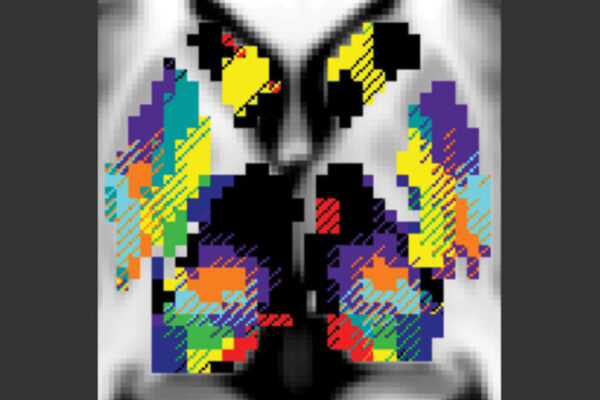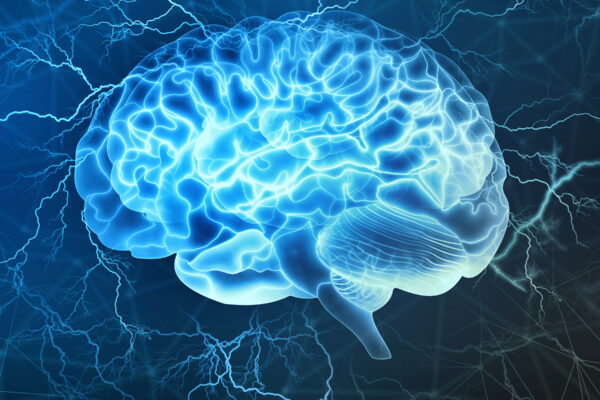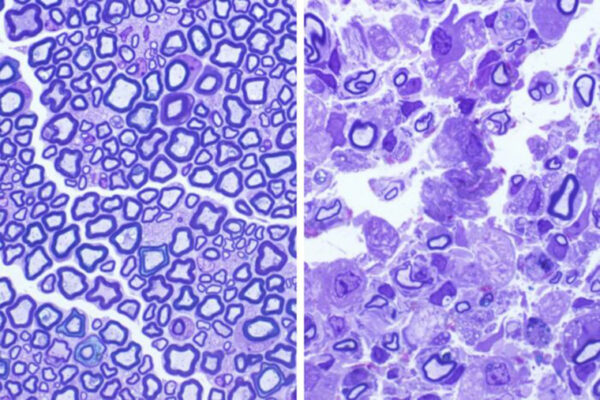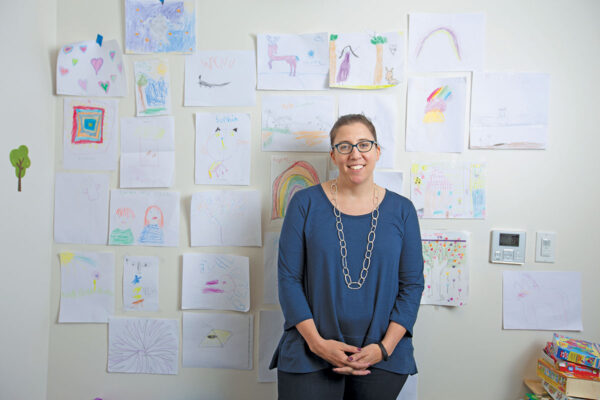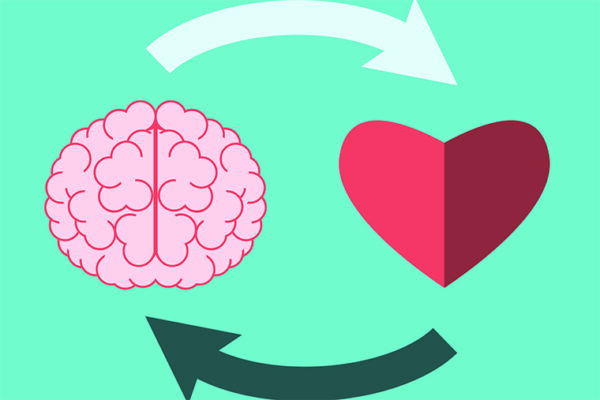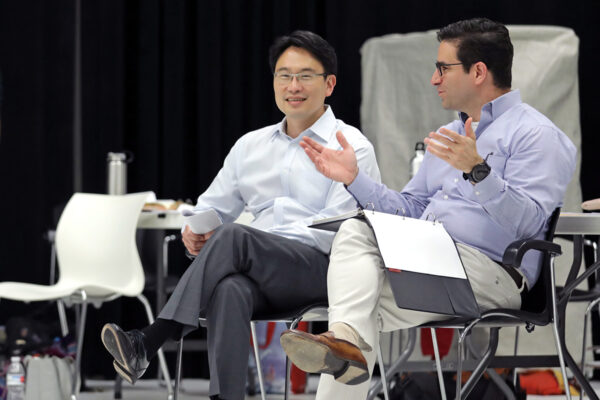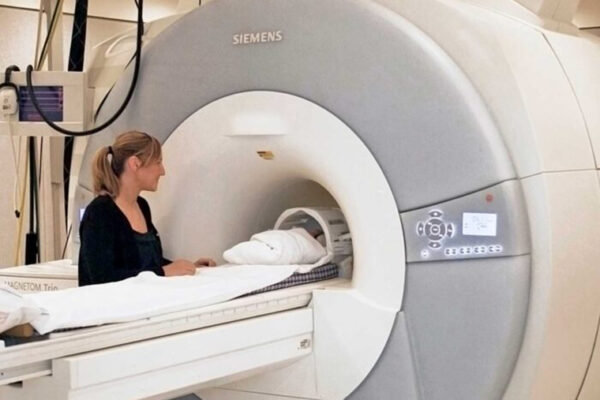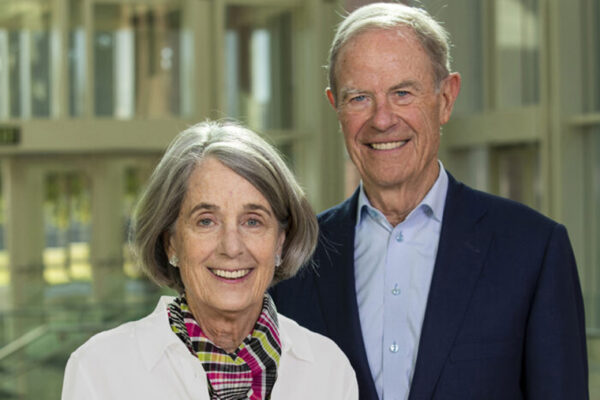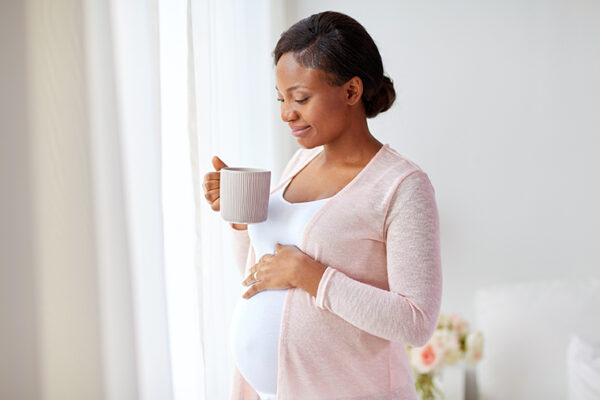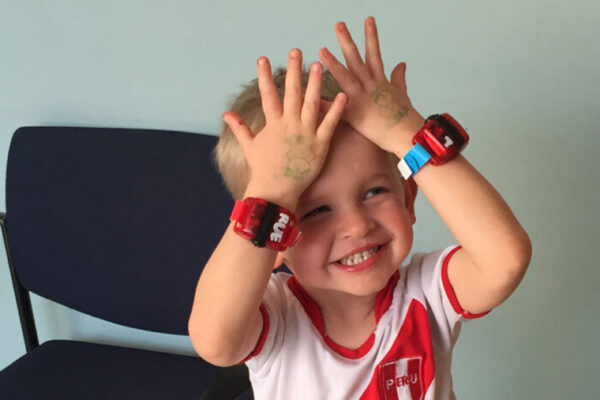Why doesn’t deep-brain stimulation work for everyone?
School of Medicine researchers have mapped nine functional networks in the deep-brain structures of 10 healthy people, an accomplishment that could lead to improvements in deep-brain stimulation therapy for severe cases of Parkinson’s disease and other neurological conditions.
Understanding criticality and the brain’s neural networks
New research from Washington University in St. Louis confirms that the brain tunes itself to a point where it is as excitable as it can be without tipping into disorder, similar to a phase transition. The new research from Keith Hengen, assistant professor of biology in Arts & Sciences, is published Oct. 7 in the journal Neuron.
Cause of rare, fatal disorder in young children pinpointed
Scientists at the School of Medicine have pinpointed the precise cause of Krabbe disease, a neurodegenerative condition that usually causes death by age 3.
TransYouth Project: Building bridges of acceptance
Psychologist Kristina Olson, BA ’03, wins one of science’s most prestigious awards for her research on identity.
Rethinking seizures associated with cardiac disease
Research from Washington University in St. Louis finds that mutations of a gene implicated in long QT syndrome in humans may trigger seizures because of their direct effects on certain classes of neurons in the brain — independent from what the genetic mutations do to heart function. The new work from Arts & Sciences was conducted with fruit flies and is published August 8 in PLOS Genetics.
Theater production explores wonders of human brain
Two nationally renowned neurosurgeons at the School of Medicine will present BrainWorks, a live theatrical performance that explores the wonders of the human brain by dramatizing real-life neurological cases. The performance, comprised of four one-act plays, will debut July 19-21.
$9.5 million aimed at detecting autism earlier in childhood
Researchers at the School of Medicine are leading a multicenter team conducting research to evaluate whether brain imaging might help reveal risk for autism spectrum disorder in early infancy. Previous research suggests such imaging in high-risk children can predict problems in kids as young as 6 months old.
Metcalfe gift supports study of adversity’s effects on children’s brains
A gift from Walter Metcalfe Jr. and his wife, Cynthia, will support the work of School of Medicine child psychiatrist Joan Luby, MD, and her collaborators. The gift was inspired by promising early findings suggesting interventions to address the impact of toxic stress on the long-term behavioral and mental health of children.
Pregnancy shifts the daily schedule forward
New research from Washington University in St. Louis finds that women and mice both shift their daily schedules earlier by up to a few hours during the first third of their pregnancy. The new study shows how impending motherhood induces changes in daily timing of a mother which, when disrupted, may put a pregnancy at risk, as reported in the Journal of Biological Rhythms.
Wearable motion detectors identify subtle motor deficits in children
A wristwatch-like motion-tracking device can detect movement problems in children whose impairments may be overlooked by doctors and parents, according to a new study from Washington University School of Medicine in St. Louis.
Older Stories
